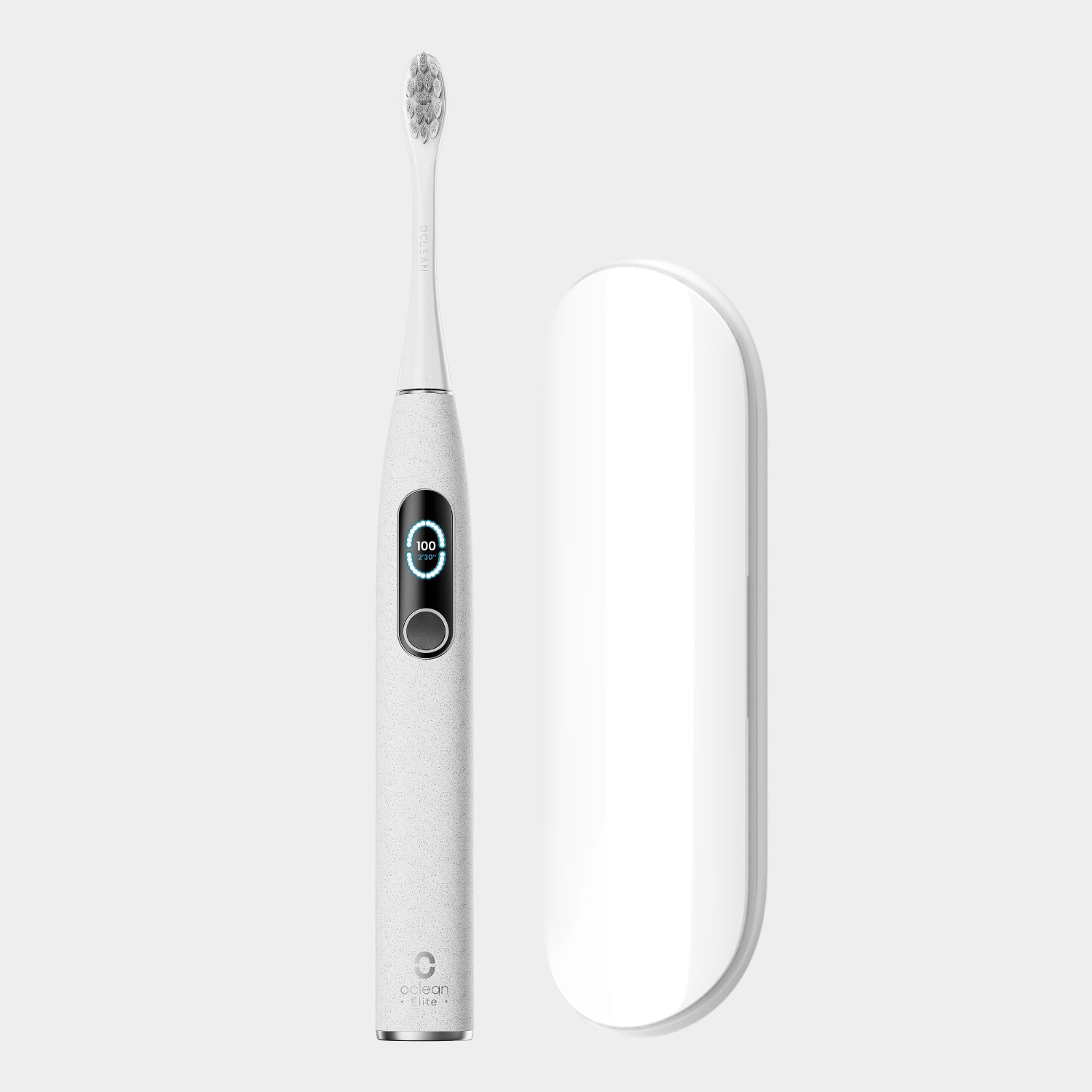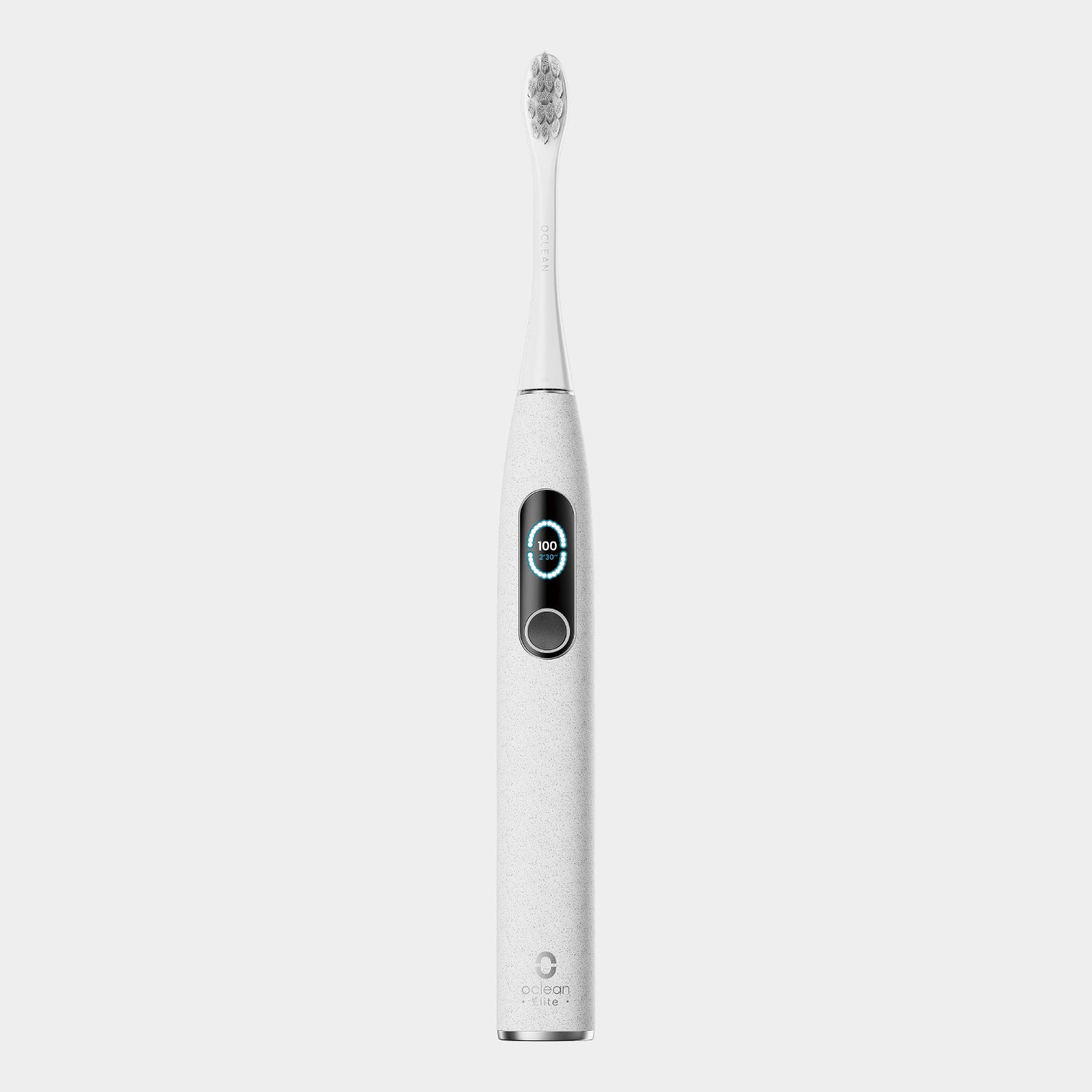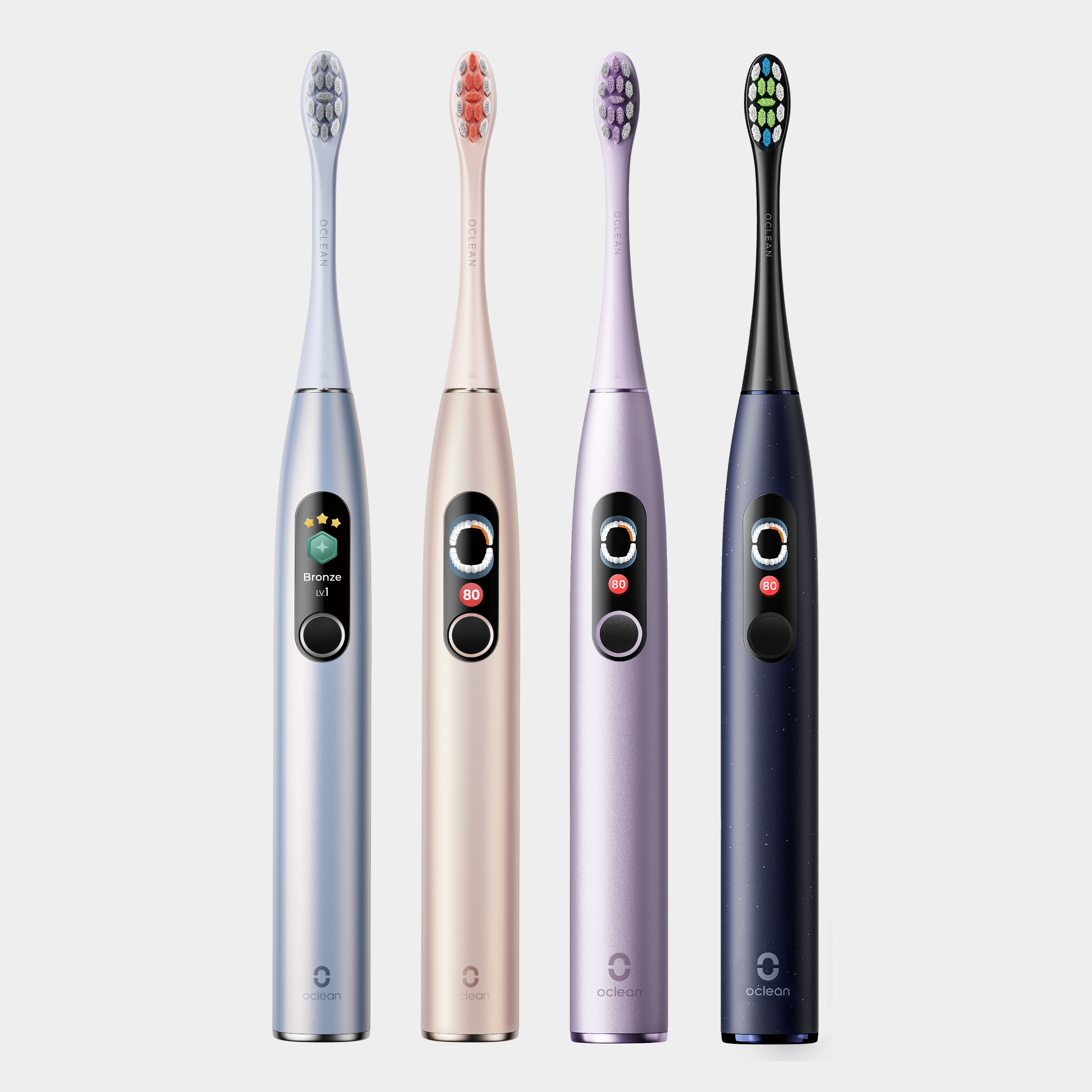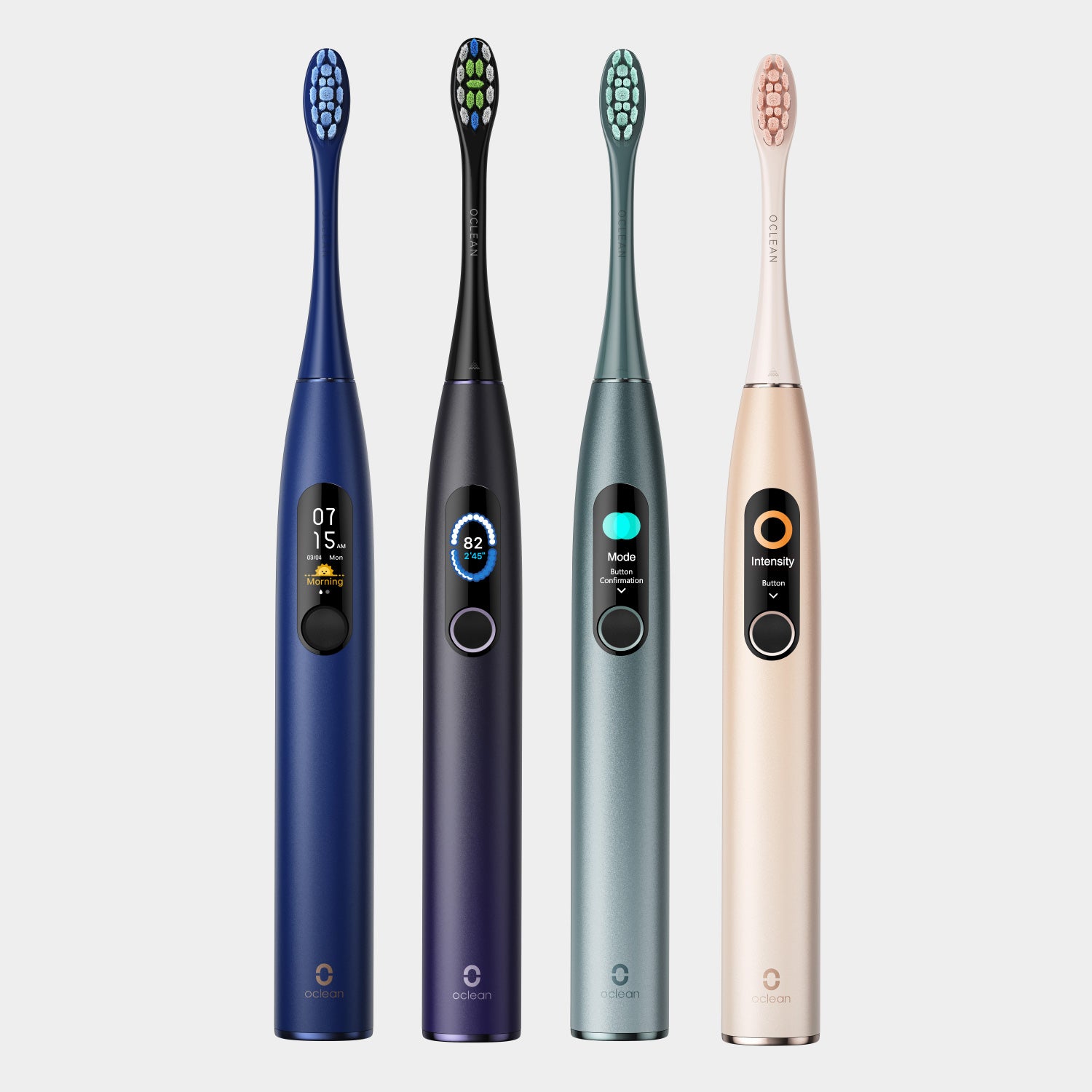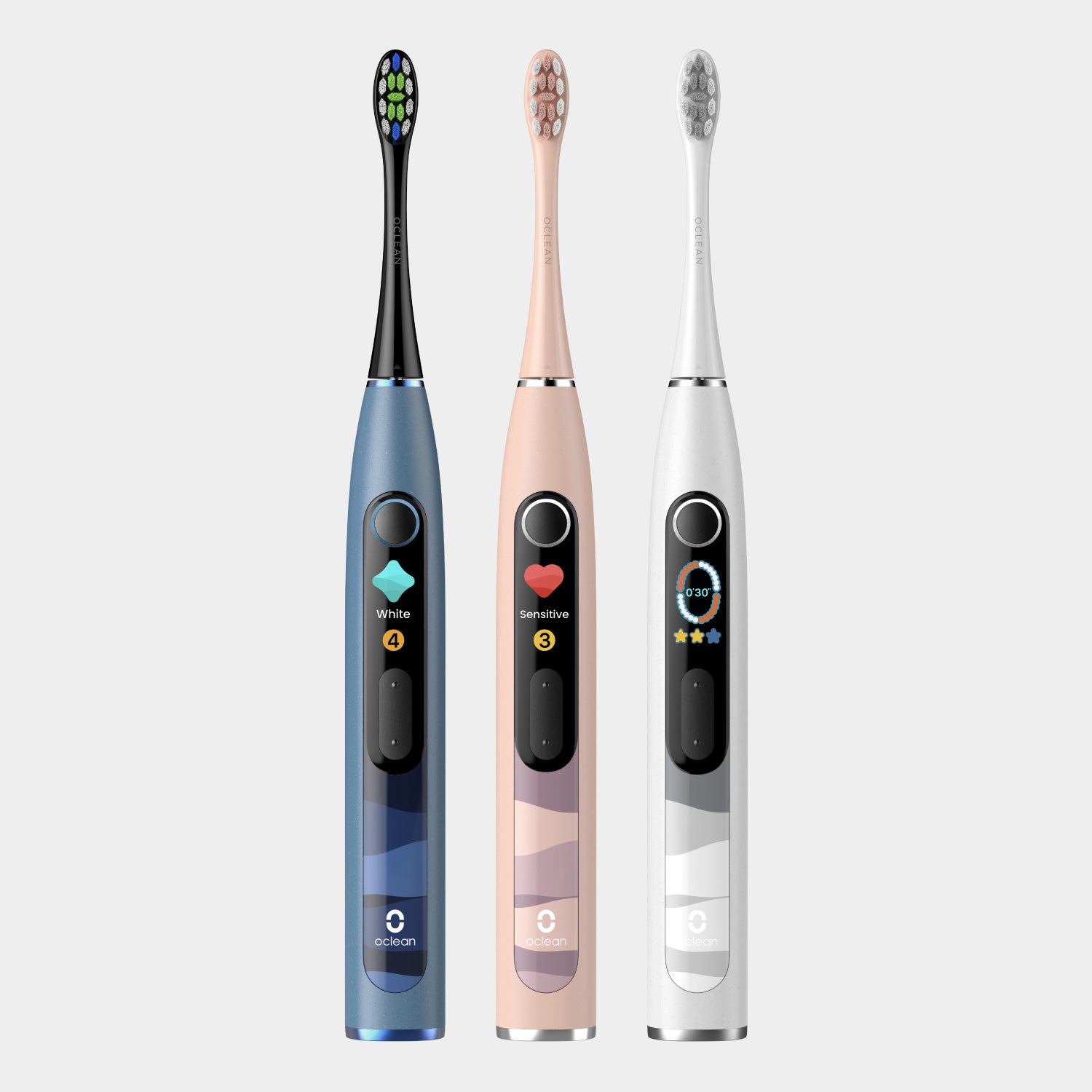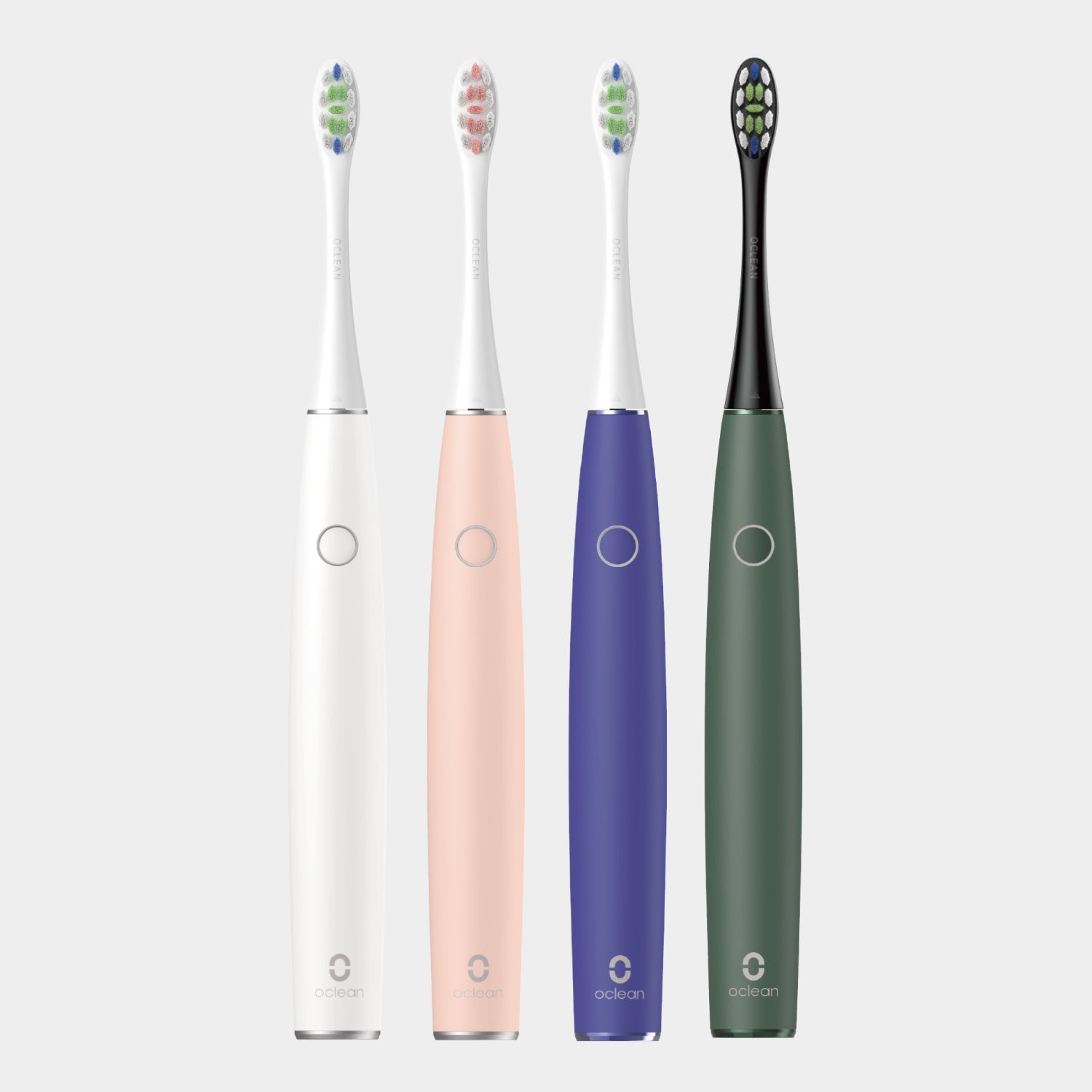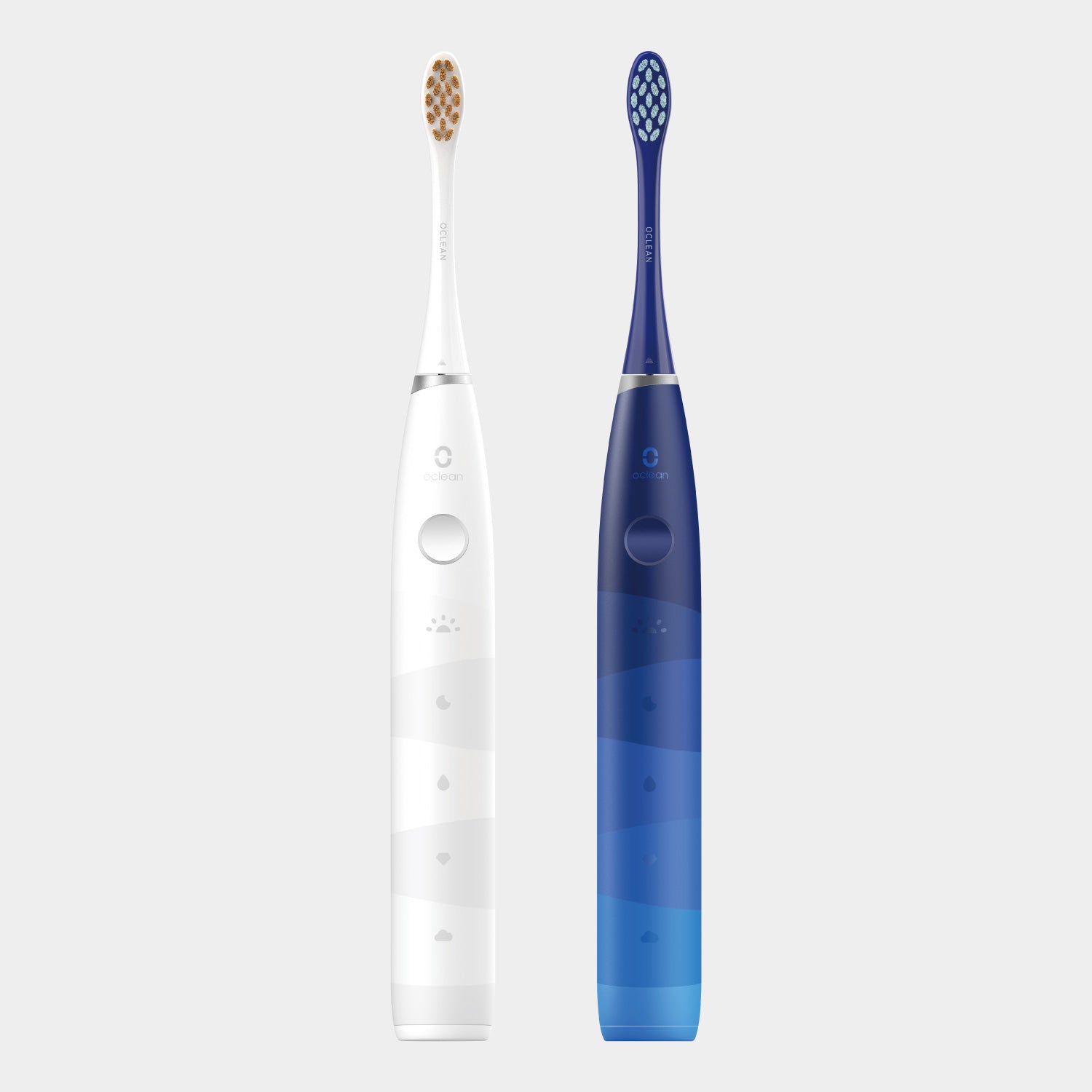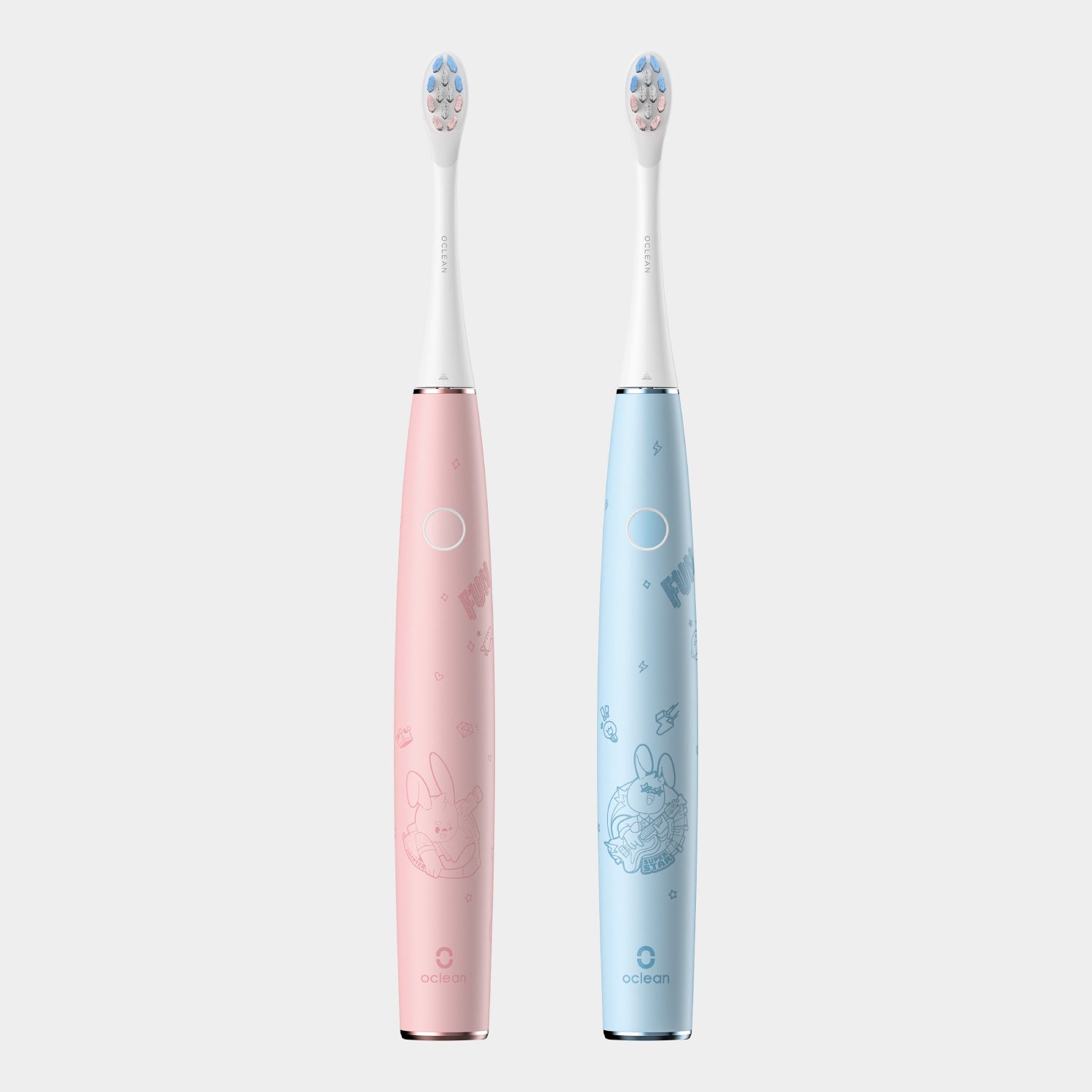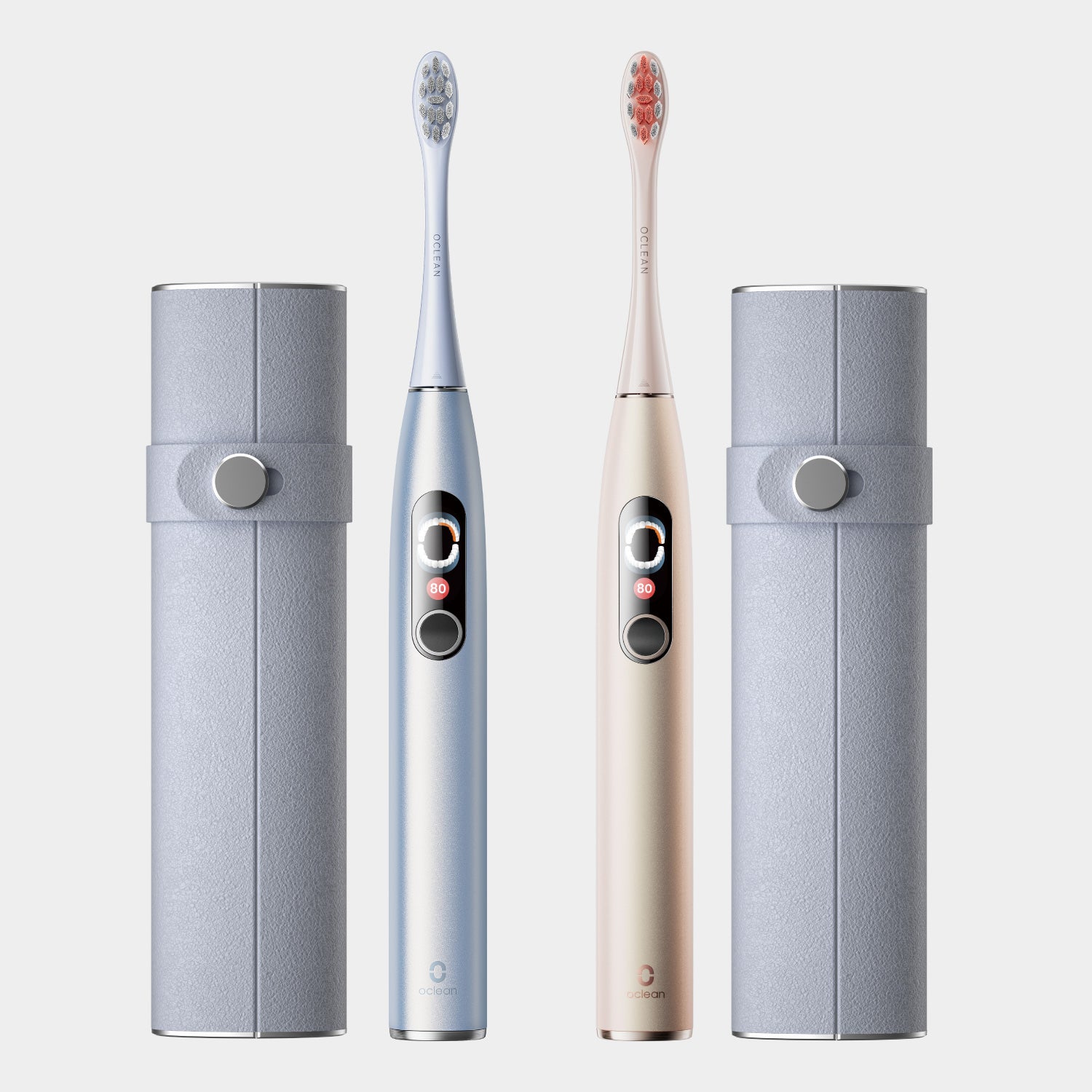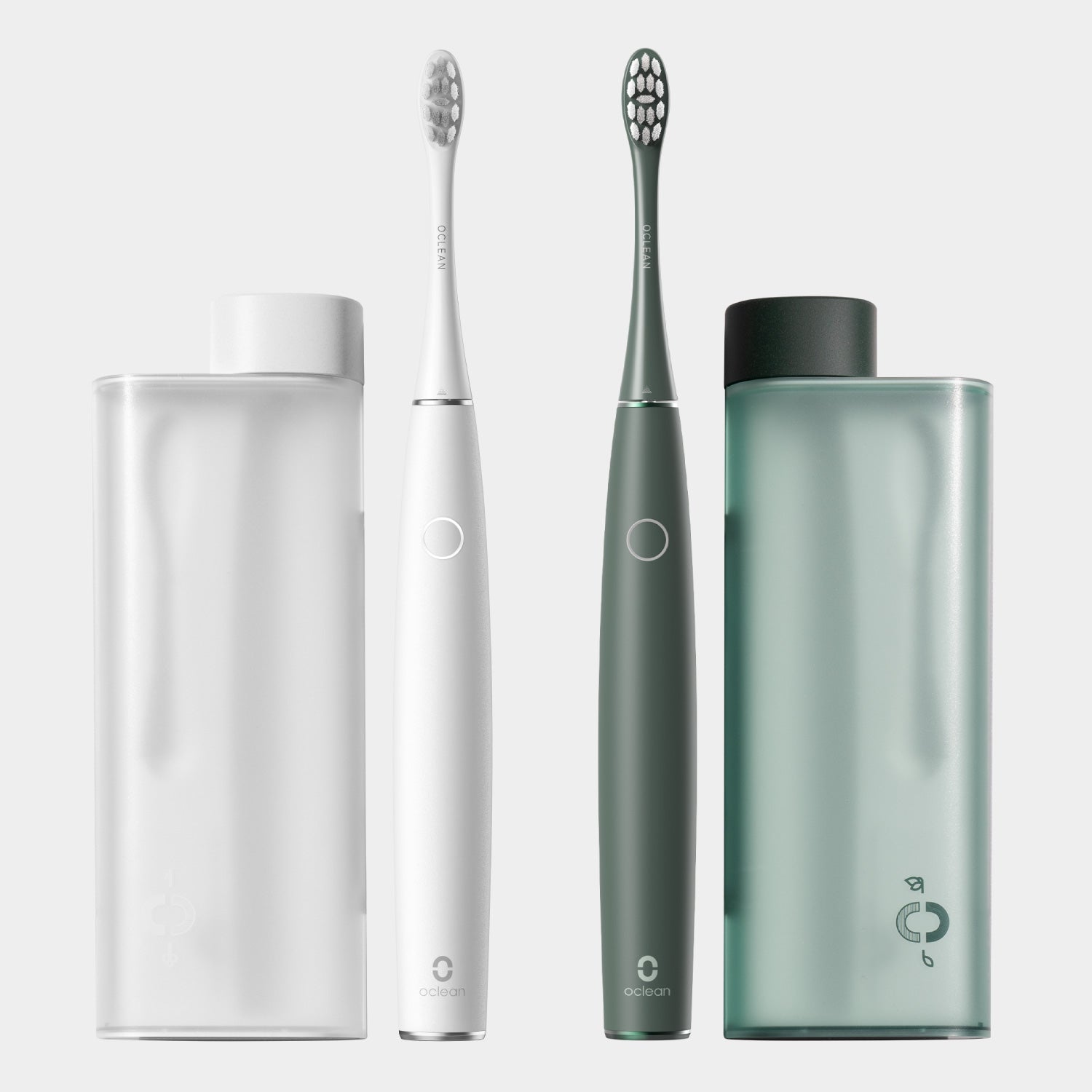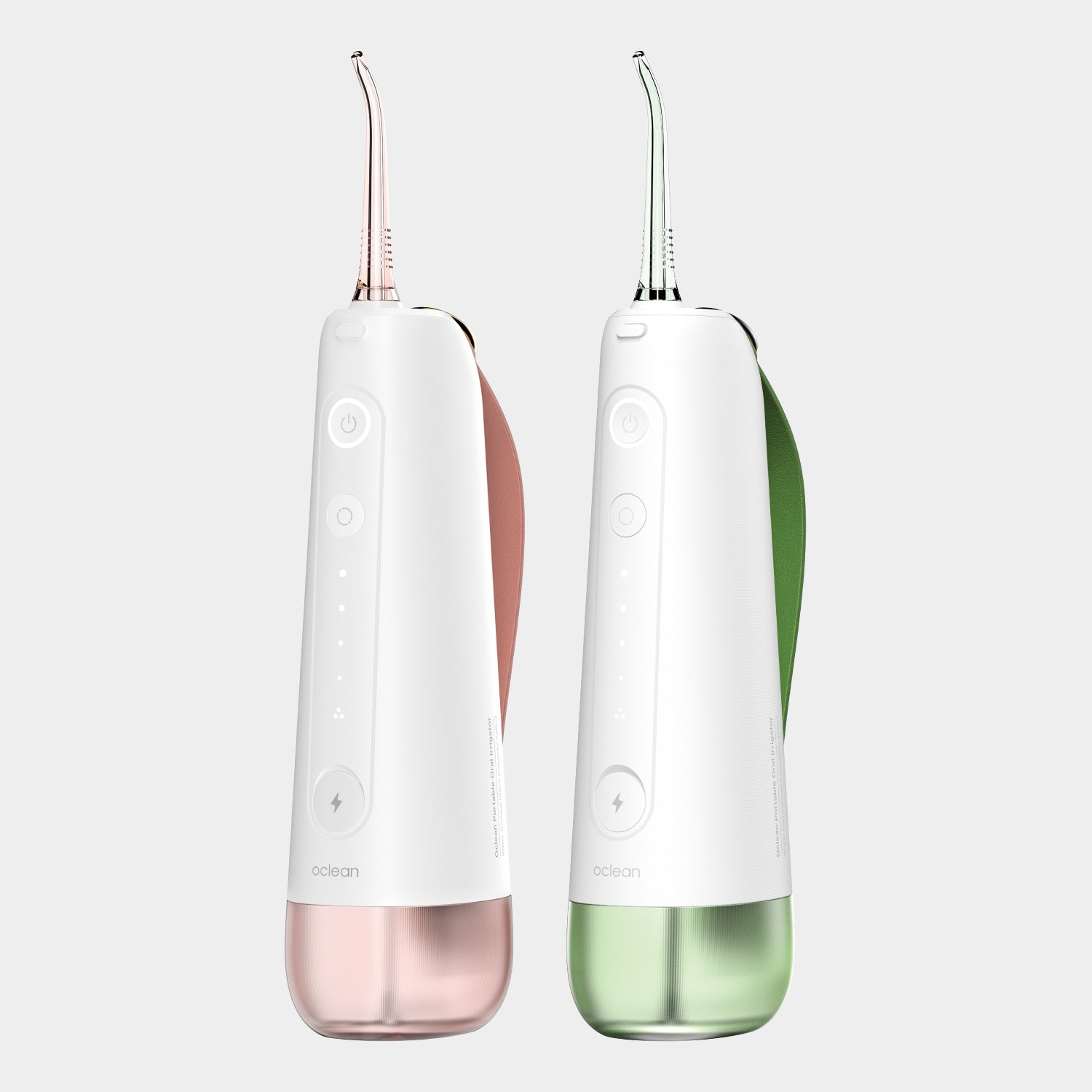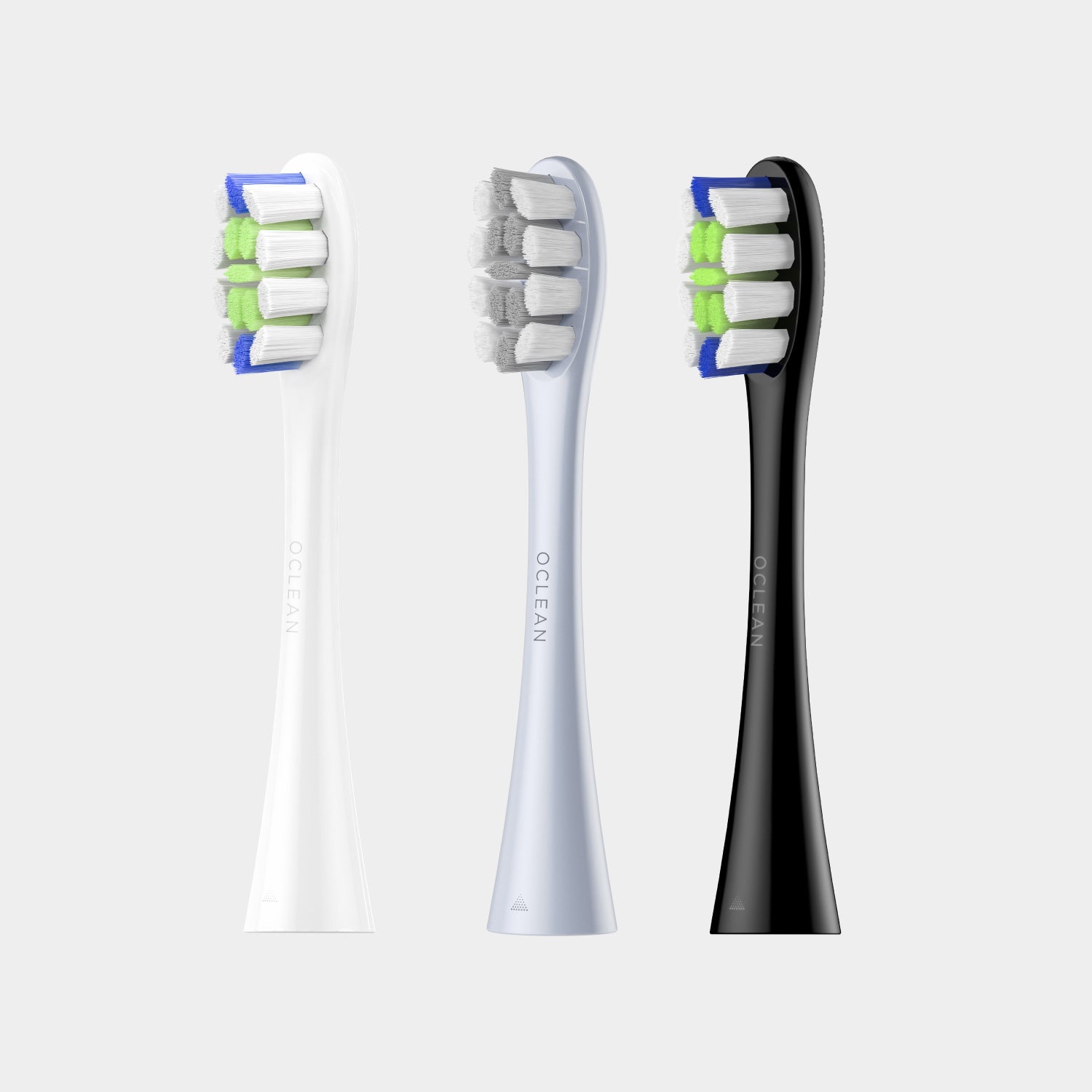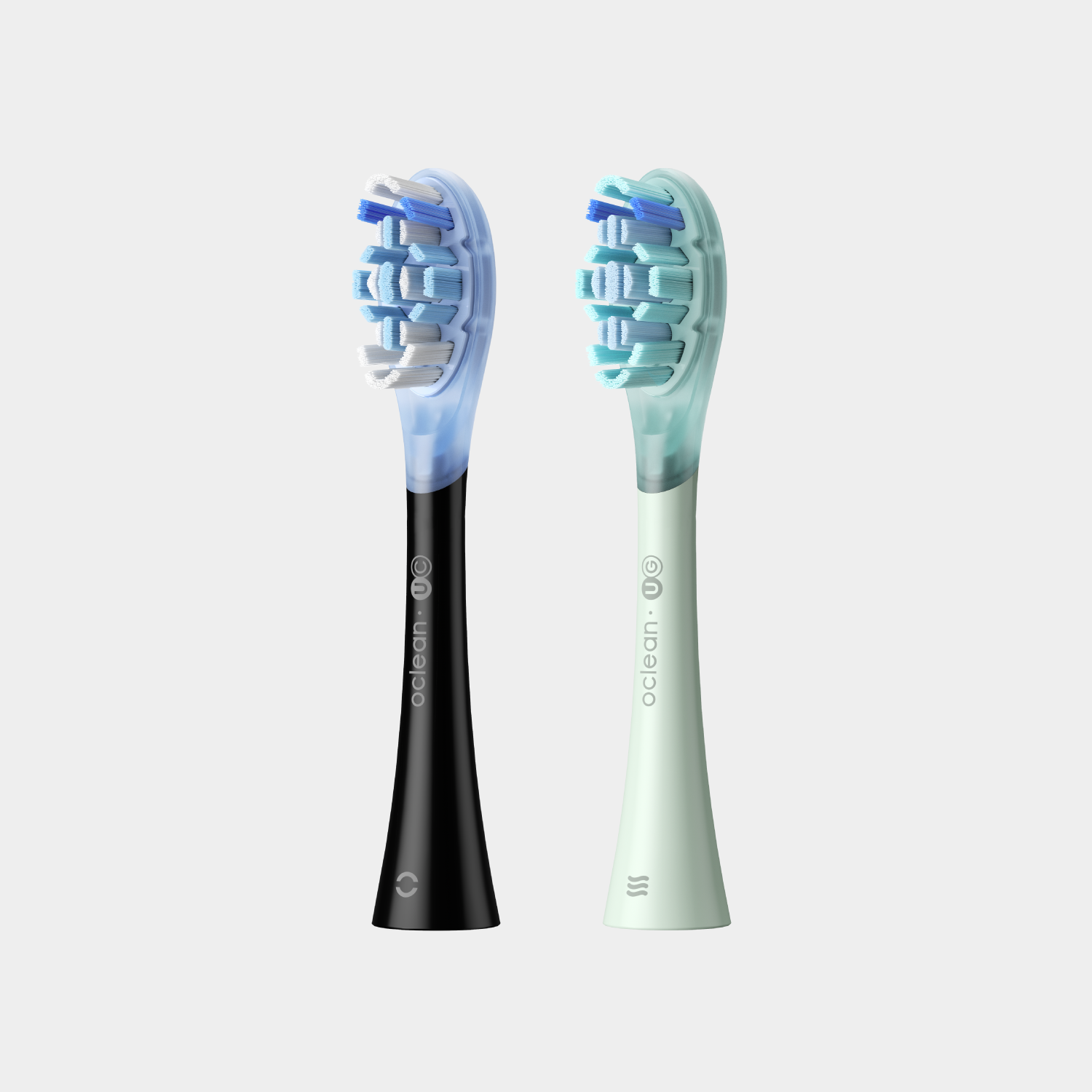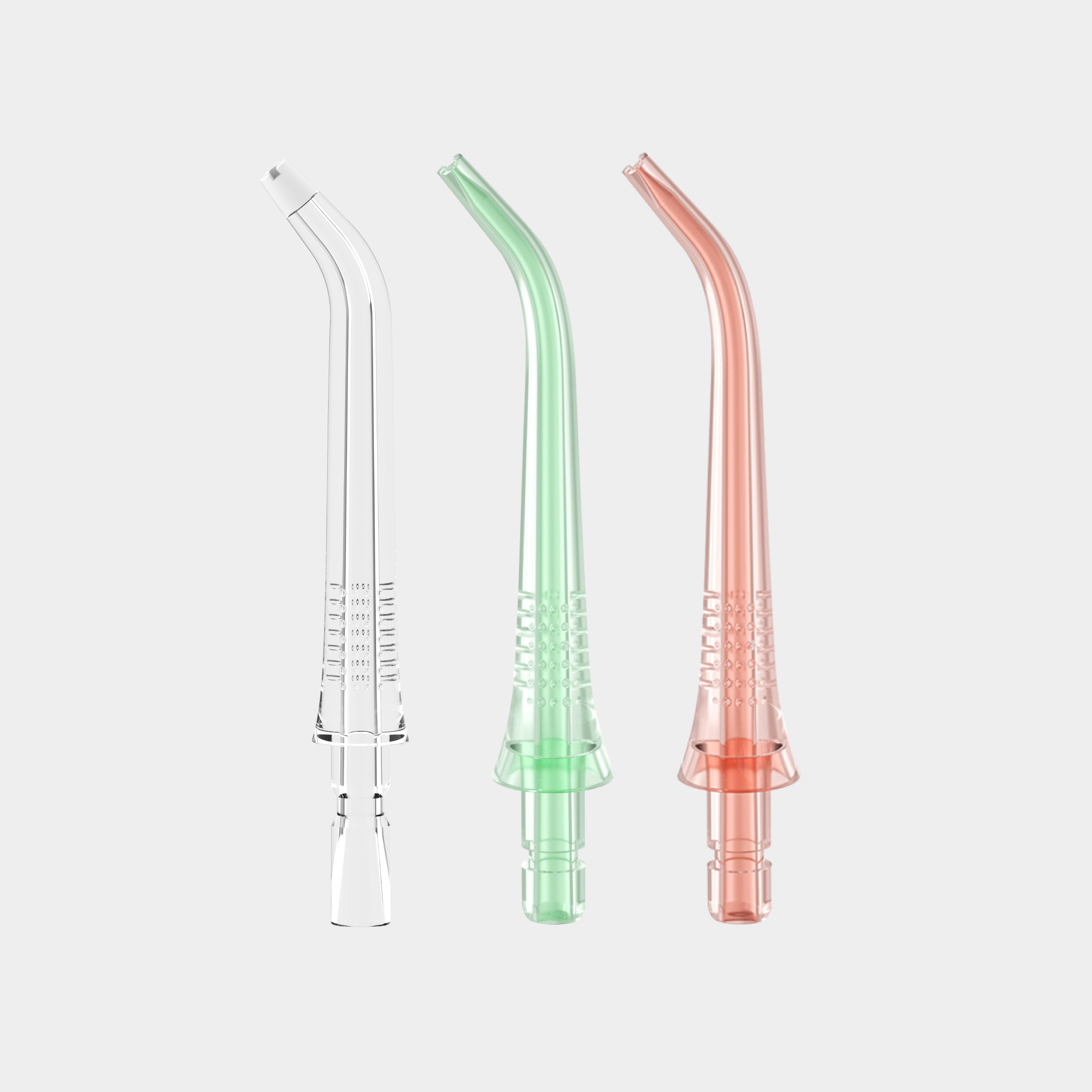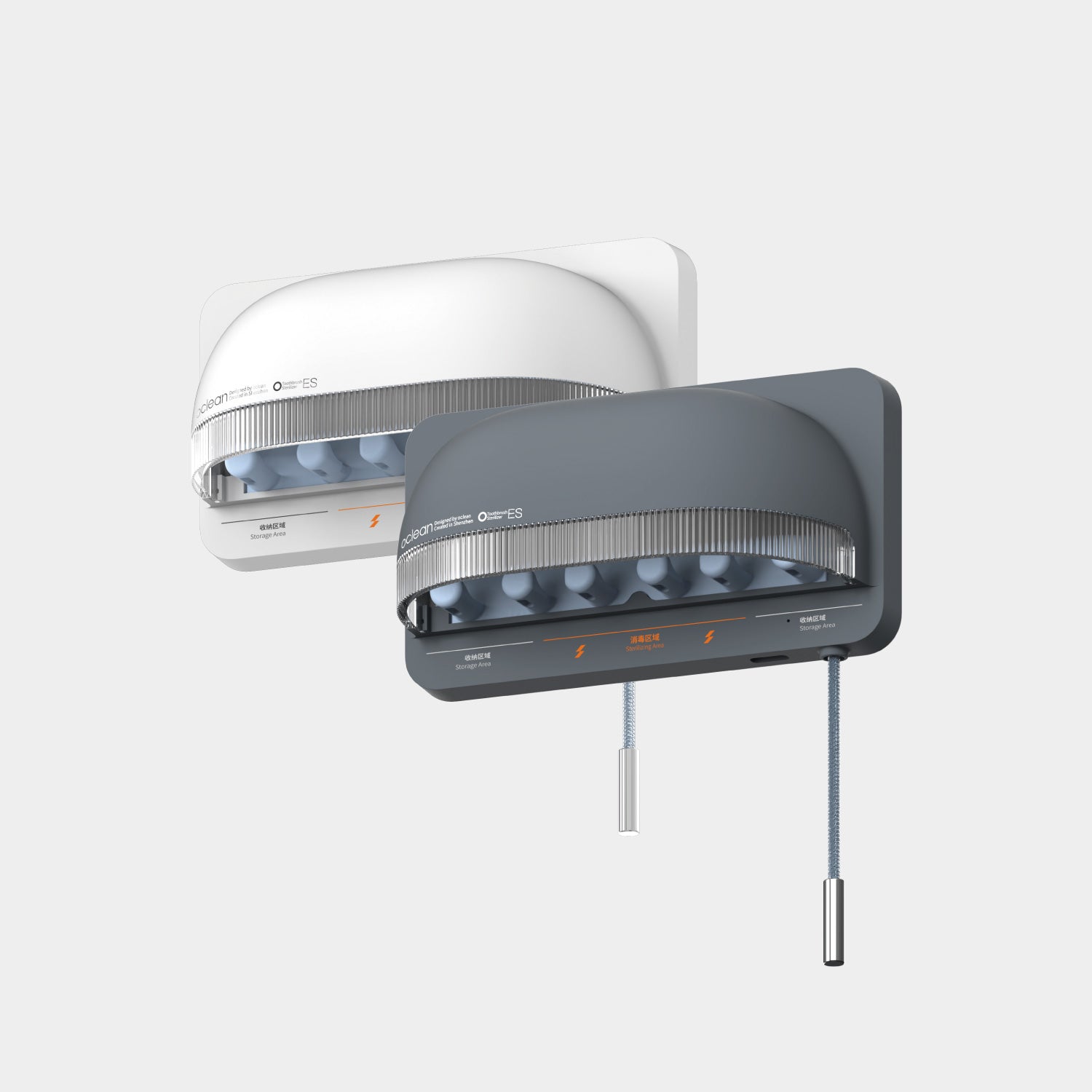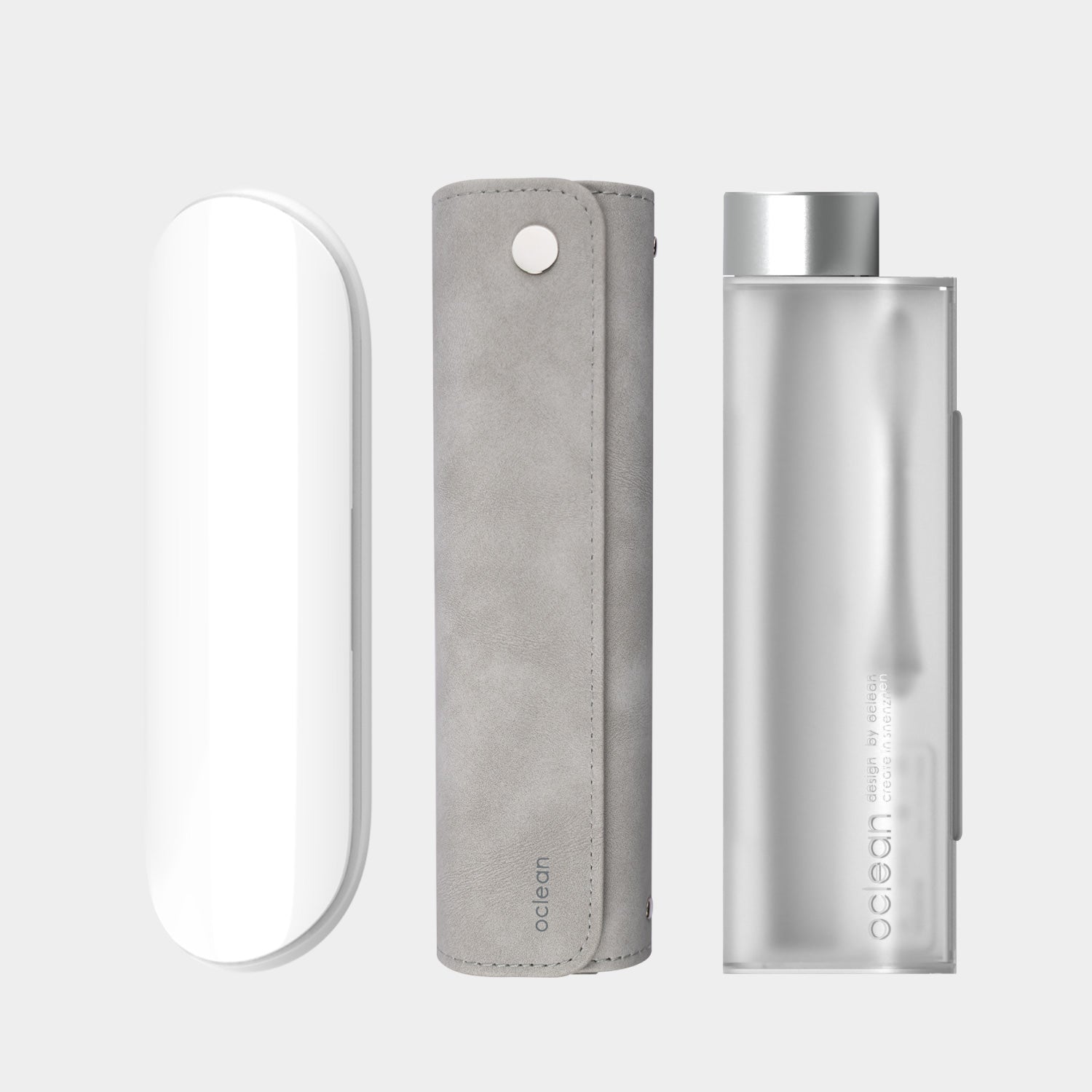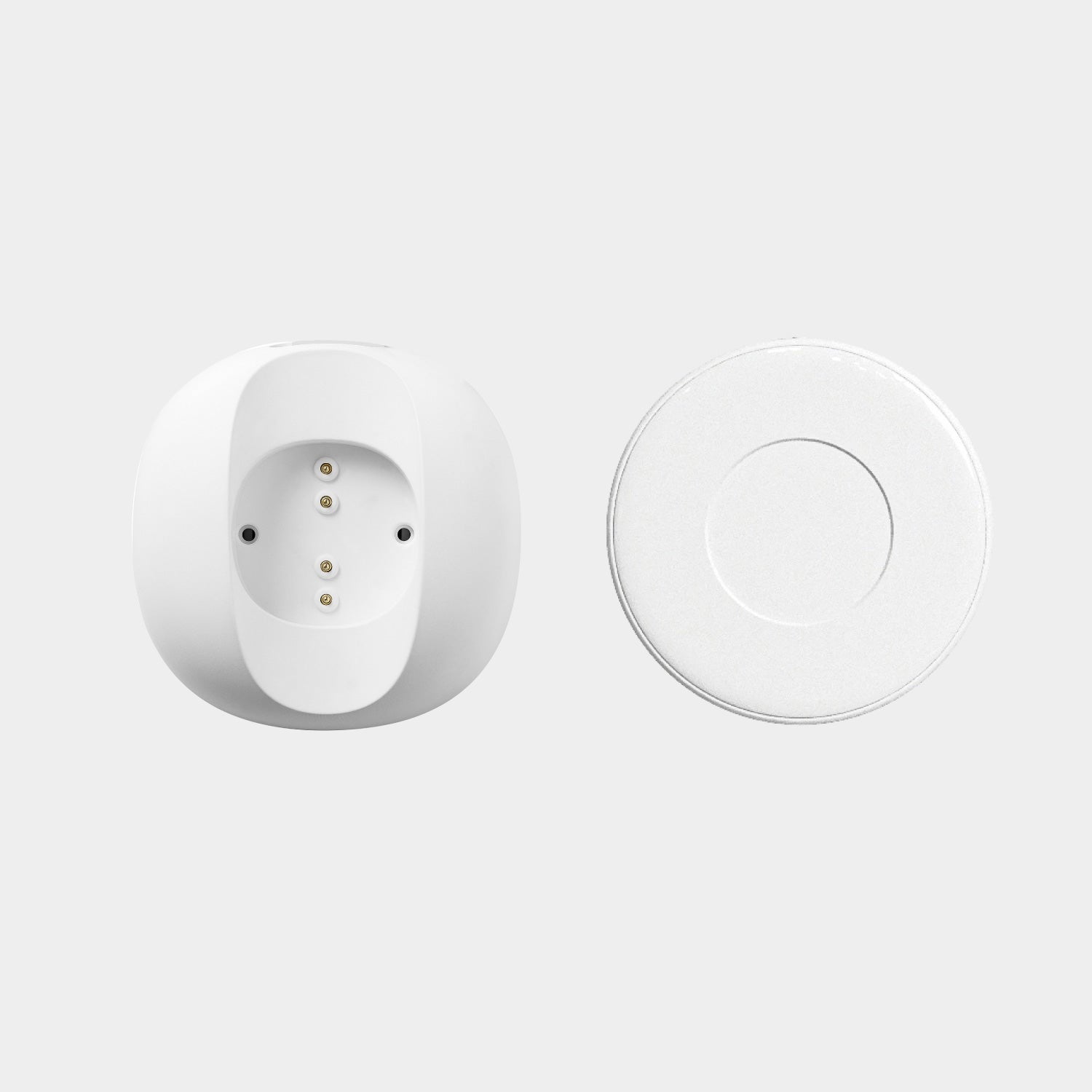Dental treatments are usually painless and don't cause discomfort. However, if the dentist needs to treat a tooth that is severely damaged, he might need to use anesthesia.
Anesthesia is available in different presentations, such as local anesthesia, topical anesthesia, and nitrous oxide. Regardless of the type used by the dentist, they all create a numbing effect on the area. This effect usually lasts between 1 - 2 hours. Nonetheless, the time the numbing effects are active can vary between persons.
We'll explain in this article how long dental numbing lasts and how to get rid of it faster after your dental visit.
How long do novocaine and anesthetics last after the dentist?
Novocaine is one of the most common types of aesthetics used by dentists. It is a type of local anesthetic that is applied through an injection.
Its effect tends to last between 1 - 2 hours. This blocks any painful sensation and gives the dentist enough time to work on the damaged tooth without causing any discomfort.
After the aesthetic effect begins to wear off, you might still feel the area numb for a while. Some people tend to feel their tongue or lips asleep for up to 3 - 4 hours. This is an entirely normal reaction, and it fades away on its own.
However, on some rare occasions, the dental numbing can last for a few days or weeks. If this happens, you should contact your dentist immediately. The reason for this is often nerve damage. This is more likely to occur during a tooth extraction than a regular dental filling or root canal.
On the contrary, the effect of topical anesthetics only lasts for a few minutes. This happens because it is applied to the gums' surface far away from the nerve. For this reason, dentists usually use topical aesthetics to numb the gums before injecting local anesthesia. This prevents you from feeling any discomfort as the needle punctures your gums. Dentists can also use topical anesthesia to numb your gums before isolating the tooth with a rubber dam.
Why is it not the same for every person?
Although the same dental numbing is used on two different persons, the times it takes to fade away can vary. This happens because every organism and body behaves differently. Therefore, some people might metabolize the anesthetic faster than others.
However, other aspects play a principal role in determining how long the dental numbing lasts. Some of these aspects include:
- The dose administered
- The weight
- The height
- The type of anesthetic
Although novocaine is one of the most common types of local anesthetic, it is not the only one. Therefore, there are several types of local anesthetics with different ingredients.
Some of these anesthetics, such as mepivacaine, lack a vasoconstrictor ingredient. This causes the numb effect to wear off faster than regular dental numbing.
How does dental numbing work?
When the dental numbing reaches the nerve, it triggers a reaction that temporarily blocks the communication between nerve cells. Therefore, the brain doesn't receive any signals indicating painful stimuli.
Since the signal is not delivered, the person doesn't feel anything while under dental numbing.
Nonetheless, people can experience some discomfort after the effect wears off.
How to get rid of the numbness faster?
Dental numbing can be uncomfortable for most people once the treatment is over. Fortunately, there are a few ways to help make it fade faster. Some of these methods include:
- Massage the area: The dental numbing effect remains active as long as the liquid is concentrated and in contact with the nerve. Massaging the area can increase blood flow and help the body metabolize it faster. However, this should not be done after a tooth extraction or surgery as it can injure the area.
- Warm compress: Heat can also increase blood flow to the area. Therefore, making the effect fade faster.
- Physical activity: Some dentists might recommend doing light physical activity, such as walking or riding a bike. Being active increases blood flow in the entire body. This can help get rid of dental numbing faster. Nonetheless, it is highly advised not to perform heavy physical activities after surgery or tooth extraction.
Although these methods are useful, it is best to avoid undergoing procedures that require dental numbing. This can be easily done by having good oral hygiene and going to the dentist for a checkup every 6 months.
Using a high-quality sonic electric toothbrush can help you keep your teeth healthy. The Oclean X Pro Smart Electric Toothbrush can perform up to 84,000 vibrations per minute. This allows you to remove plaque more efficiently and prevent cavities and gum disease. Therefore, your dentist won't have any reasons to use dental numbing as your teeth are perfectly healthy.
The takeaway
Dental numbing tends to last between 1 - 2 hours. Moreover, as the anesthesia wears off, some people can experience numbness for a couple of extra hours once the treatment is finished. Nonetheless, it should disappear on its own.
If the numbness is too uncomfortable, you can gently massage the area or apply a warm compress to increase blood flow. This helps to metabolize the anesthetic faster and get rid of the numbness.




